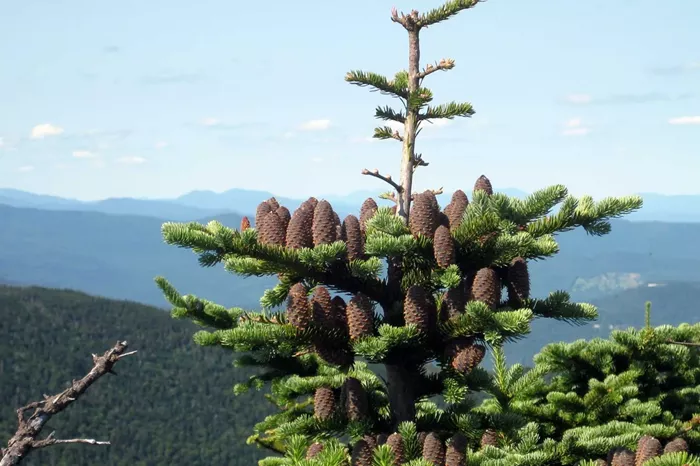Climate change is dramatically altering America’s gardening landscape by shifting plant hardiness zones northward, forcing plants and gardeners to adapt to new conditions.
Over the past several decades, 67% of U.S. locations have moved into warmer zones due to rising average annual minimum temperatures, with projections showing the entire country warming by mid-century.
This shift means many plants native to colder regions, such as balsam firs in New York, are struggling to survive as winters become milder and less harsh.
Conversely, species traditionally found in warmer climates, like bald cypresses and magnolias, are now thriving farther north than before. Botanical gardens and horticulturists are experimenting with planting warmth-loving species such as crepe myrtles and paperbush to keep pace with changing conditions.
Longer growing seasons and reduced frost periods are also reshaping plant life cycles, but these changes come with challenges. Warmer winters enable invasive pests and plants to expand their range, threatening native species and garden health.
For example, the spruce beetle has flourished in Alaska’s warming climate, damaging tree populations. Gardeners are advised to select plants suited to their updated hardiness zones and to remain flexible, viewing plant losses as opportunities to try new species better adapted to evolving climates.
The USDA’s updated plant hardiness map reflects these shifts, showing zones moving northward by up to 60 miles in some states like Illinois, where warmer zones now extend farther than ever before.
This evolving map serves as a critical tool for gardeners and growers to choose plants that can thrive amid climate change’s ongoing impacts.


